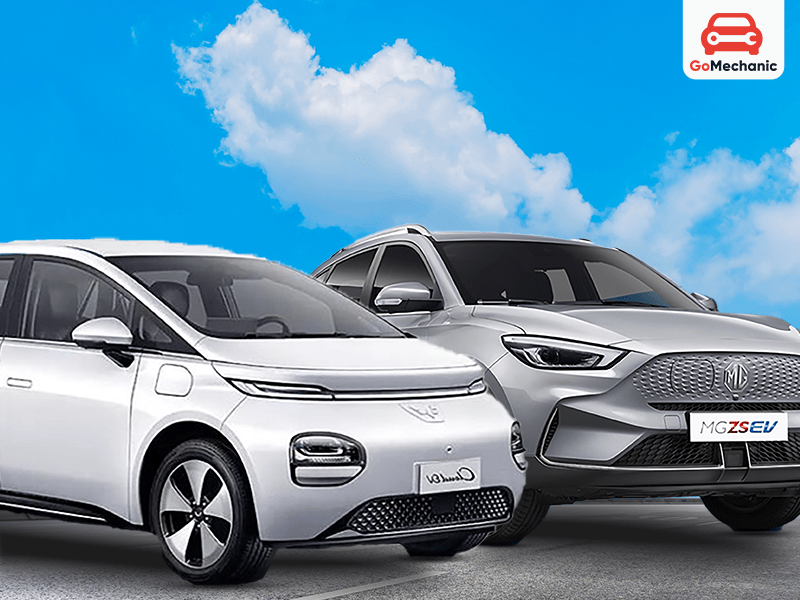India’s EV landscape is shifting daily, as more consumers opt for environment-friendly transport. As carbon emission in this country decreases, more people are opting for the EV. In this blog, we take a peek at the fast-growing EV models in India, keeping Tata EV Cars and MG EV Cars in focus.
The Ascent of Electric Vehicles in India
The Indian government has promoted the adoption of EV cars in India with a series of incentives and policies. This has led to an exceptional rise in interest and demand for electric vehicles. With all these factors such as lower running costs, reduced emissions, and technological advancements, it ensures the growth of the EV car market.
Leading the Charge: Tata & MG
Tata Motors and MG Motor India are the two dominant firms producing EV cars in India. They both introduced multiple electric cars, making the EV market very appealing to consumers.
Tata EV Cars
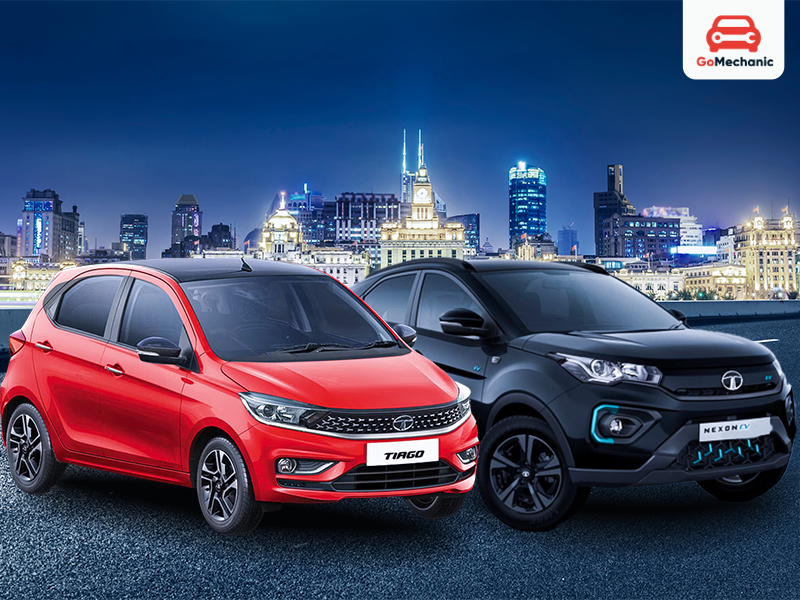
Tata in a way has been the leader of the Indian EV car revolution, popularizing models like Nexon EV and Tiago EV. Coming with a great price, impressive mileage, and brisk performance, the models have gained great attention over the years.
To expand its electric cars lineup and continue building a well-rounded customer experience, Tata Motors has also been investing a lot in the field of EV research and development.
MG EV Cars
MG Motor India has entered the Indian EV market with a strong market outreach through models such as ZS EV and Windsor EV, which have allowed it to retain its brand value with all the style, comfort, and feature richness it entails.
MG Motor focuses on delivering a premium ownership experience by involving itself deeply in extensive after-sales support and developing charging infrastructure to deliver a confidence inspiring experience.
Mahindra‘s EV Initiative
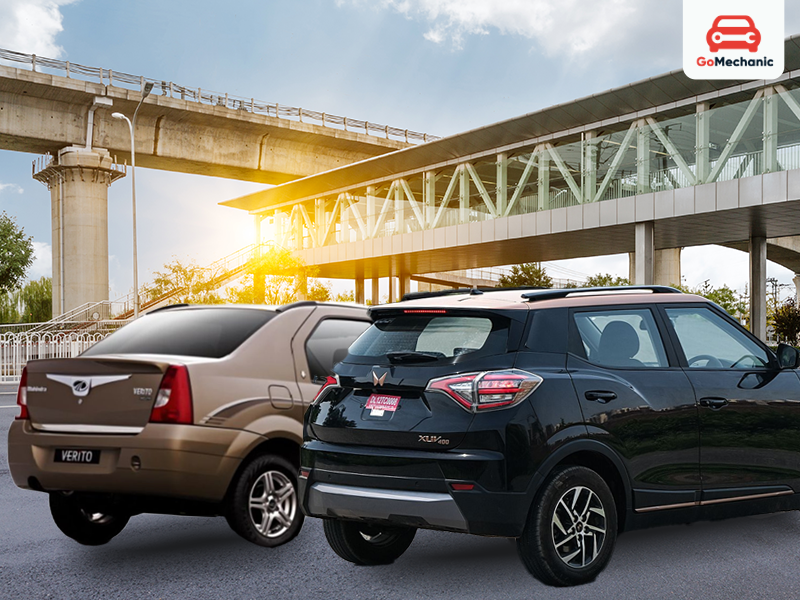
Mahindra & Mahindra is one of the largest automobile manufacturers in India. The company is selling a very high percentage of electric models, including electric/hybrid variants, in the ongoing electric vehicle revolution in the country. The firm includes electric models and the XUV 400 and the eVerito are among them.
The company has been working with different stakeholders. It also works with the government and technology partners to scale up its electric vehicle business. Mahindra is putting investments into its charging infrastructure. This is because it is trying to keep pace with the sheer number of electric vehicles that seem to be on the roads.
Factors Driving the Growth of EV Cars
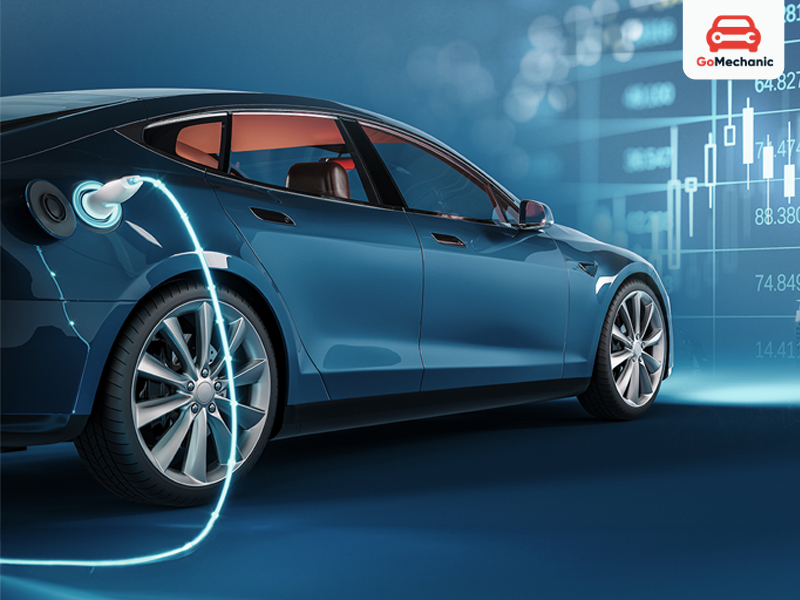
1. Government Incentives
The government has introduced several guidelines and incentives that support the adoption of electric vehicles. These include subsidies, tax benefits, and infrastructure development. Government support is making EV cars in India affordable and accessible to consumers on a grassroots level.
2. Lower Running Costs
Probably, one of the most prominent reasons for the growing popularity of EV cars in India is the fact that they cost less to run compared to other ordinary petrol or diesel car. The Electric Vehicle requires less maintenance. It also costs significantly less in terms of fuel usage. Economical benefits drive people towards considering buying EV cars.
3. Reduced Emissions
Electric automobiles produce zero tailpipe emissions, which leads to significantly cleaner air and a healthy environment. This is especially important for India, as it faces huge air pollution problems. The role of EV automobiles in reducing pollution in urban surroundings will help improve the quality of air significantly within those urban settlements.
4. Technological Advancements
Batteries are becoming more energy dense, and this has resulted in increasing the range offered by EV automobiles. Continuous enhancements in the technology for batteries and charging infrastructure make EV cars more useful for daily applications.
In fact, the number of charging networks is also witnessing an upward momentum, thereby enabling the owners of EV cars to recharge their vehicles rather easily.
5. Growing Consumer Awareness
Recently, there has been higher consumer awareness of the benefits of EV cars. People have been embracing electric options as they begin to understand the detrimental consequences of conventional vehicles on the environment and the advantages that EV cars provide. This is the reason for the high demand for EV cars in India.
The Future of EV Cars in India
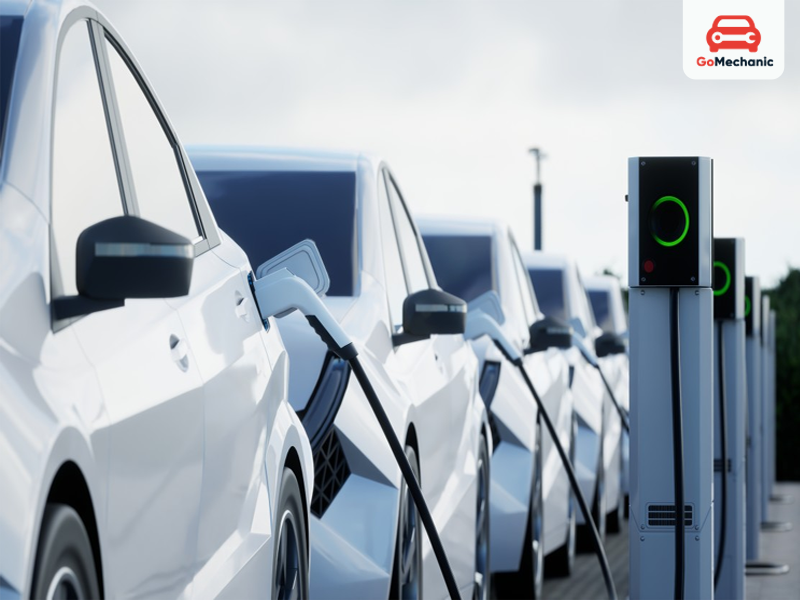
Indian electric vehicles seem to be at the forefront of a very bright future. Government support, along with technological advancement, growth in infrastructure, and consumer awareness about the need for an electric vehicle, has compelled EV cars in India to proliferate at a fast rate.
Adding more electric vehicles to their infrastructure will help India assert its position in the global electric vehicle market, taking economic and environmental benefits from this transition.





